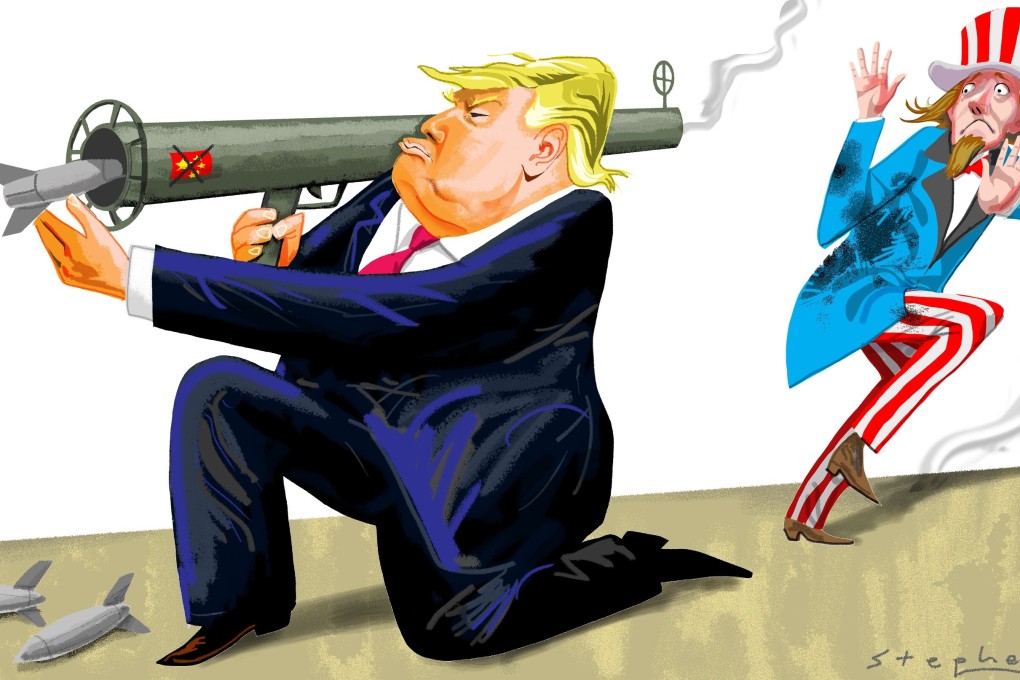Advertisement
Opinion | Donald Trump’s anti-China policy is doomed to fail, as his coronavirus strategy did
- Rather than a cohesive strategy, America is taking aim at China’s economy based on a mix of short-term thinking, parochial calculations, and fear of Chinese competition
- Most of its attacks are missing the mark, and some are likely to boomerang on US interests instead
Reading Time:4 minutes
Why you can trust SCMP

The Trump administration’s anti-China policy has reached a crescendo. After trying to cripple Huawei, it is cracking down on TikTok, WeChat – and who knows which other Chinese app or technology company.
Secretary of State Mike Pompeo has declared Beijing the enemy of the free world and called on the United States’ allies to collectively contain China’s “designs on hegemony”. Like it or not, the Trump administration has launched a cold war against China.
The dramatic turn of Trump’s China policy is breathtaking: in January, Trump spoke of his “love” for Xi Jinping; by March, China was the source of the “Chinese virus” ravaging America. Political calculation is clearly behind the change – scapegoating and attacking China may help Trump score political points in an election year, but Trump’s short-termism has also allowed anti-China ideologues in Washington to turn America’s China policy into a tool for venting their cumulative anger and grievance. This is dangerous for the world.
Advertisement
First, although China hawks in Washington often liken China to the former Soviet Union, the comparison is very misleading. The Soviet Union was in a full-blown confrontation with the Western world, both militarily and ideologically, and the fierce arms race with the US severely strained the Soviet economy.
In the end, the Soviet Union lost the Cold War not because it was beaten into submission by the US. Rather, it was the Soviet economy, moribund and rotten to the core, that collapsed and caused the entire system to implode.

04:12
Are Xi Jinping’s China and Donald Trump’s US destined for armed conflict?
Are Xi Jinping’s China and Donald Trump’s US destined for armed conflict?
Yes, China is an authoritarian regime, but it is not interested in spreading Marxism around the world. Rather, China is far more interested in exporting capital, expanding its market share and securing resource supplies.
Advertisement
Select Voice
Choose your listening speed
Get through articles 2x faster
1.25x
250 WPM
Slow
Average
Fast
1.25x
